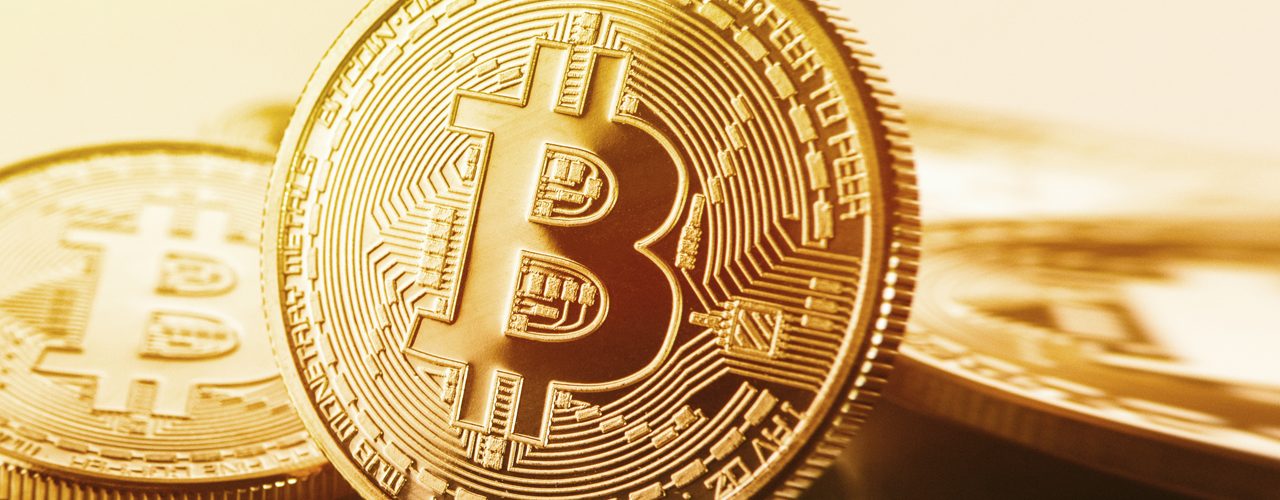Bitcoin is a decentralized, peer-to-peer digital currency that makes instant transfers to everyone around the world via encryption keys, protecting traders’ identities. In other words, bitcoin is an electronic currency, which uses peer-to-peer networks and removes the need for a financial institution. This indicates that there is no physical currency and that nobody is issuing or regulating it, unlike the conventional currency that is regulated by banking and government regulations.
Beginnings of bitcoin.
It all began in 2009 when ‘Satoshi Nakamoto,’ who appeared to be a 36-year-old Japanese man, made an announcement in The Cryptography Mailing List and released his white paper. He reportedly spent over a year writing Bitcoin apps, motivated by a build-up of frustration over the 2008 financial crisis.
Nakamoto aimed to establish an independent currency that was impervious to unintended monetary policies. The program developed by Nakamoto will unleash a limit of 21 million bitcoins over the years: like gold, silver, and other precious metals, Bitcoin has a limited supply, but it has no inherent worth.
The name of Bitcoin’s Nakamoto founder is still uncertain. He turned over the source code and domains to others and vanished in 2011.

Mining bitcoin
All Bitcoin transactions are broadcast on the network and validated within 10-20 minutes by a method called ‘mining.’
In Bitcoin mining, a community of people uses powerful computers to make complicated calculations to guess a random number that solves a complex system-generated equation. The more powerful the machine, the greater the number of guesses it will produce per second, raising its probability of success. In essence, the mining of Bitcoin is similar to a competitive lottery.
The computer that solves the equation is given the ability to upgrade the blockchain by confirming bitcoin transactions over a certain time and inserting them in a block. It enforces the sequential order of the blockchain, preserves the neutrality of the network, and allows separate computers to agree on the status of the system.
In other words, miners serve as auditors and update the blockchain in a way close to that of banks keeping ledgers. For transactions to be authenticated, they must be packed in a block that conforms to very strict cryptographic rules that are checked by the network. These laws prohibit the alteration of prior blocks so doing so would invalidate all future blocks. The first Bitcoin block, known as the genesis block, was mined by Nakamoto on 3 January 2009.
The lottery system prevents any person from inserting new blocks quickly. In this manner, no party, person, or organization will regulate what is included in the blockchain or substitute sections of the blockchain to minimize their expenditure. Also, the scheme honors the miner who resolved the equation with a predetermined number of bitcoins, now 12.5 bitcoins, as compensation for their time and effort.
The level of complexity involved in the mining of Bitcoins depends on the amount of network capacity involved in the mining process. The level of complexity increases proportionally to the rise in the number of machines involved in mining; in other words, mining is made easier with fewer humans.
Today, the ‘difficulty level’ of bitcoins mining is nearly 6.379 million, compared to just 1 in 2009. Bitcoin mining is also very difficult at present energy consuming and much less lucrative. For this cause, individuals often join mining pools (a community of miners who aggregate computing resources over a network) to have greater chances of success and share prizes with pool participants.
Bitcoin isn’t private
Any effort is needed to protect your privacy with Bitcoin. Both Bitcoin transactions are kept openly and indefinitely on the network, which ensures that everyone can view the balance and transactions in any Bitcoin address. However, the name of the person behind the address remains undisclosed until the information is released during the transaction or under other circumstances. This is one of the reasons why Bitcoin addresses can only be used once. Please note that you have to follow good policies to protect your privacy.
Bitcoin’s Value.
Bitcoin’s worth hit a historic peak of US$20,000 per bitcoin at the end of 2017, then crashed shortly afterward. In February 2020 the value of 1 Bitcoin was approximately US$9,900 before it decreased in March to approximately US$5,900 following the rapid spread of Coronavirus and its widespread economic effects.
Fiat currencies derive their importance from the legal status of countries. These currencies are ‘valid tenders,’ which ensures that they must be approved when presented as payment. Bitcoin, on the other hand, derives its importance from the growing base of individuals, traders, and companies eager to adopt it as a means of exchange. Although there are lots of blockchain proponents who would also choose to be compensated in bitcoins to fiat money, the extreme volatility in bitcoin values allows investing in bitcoins dangerous for the regular citizen.





Add comment